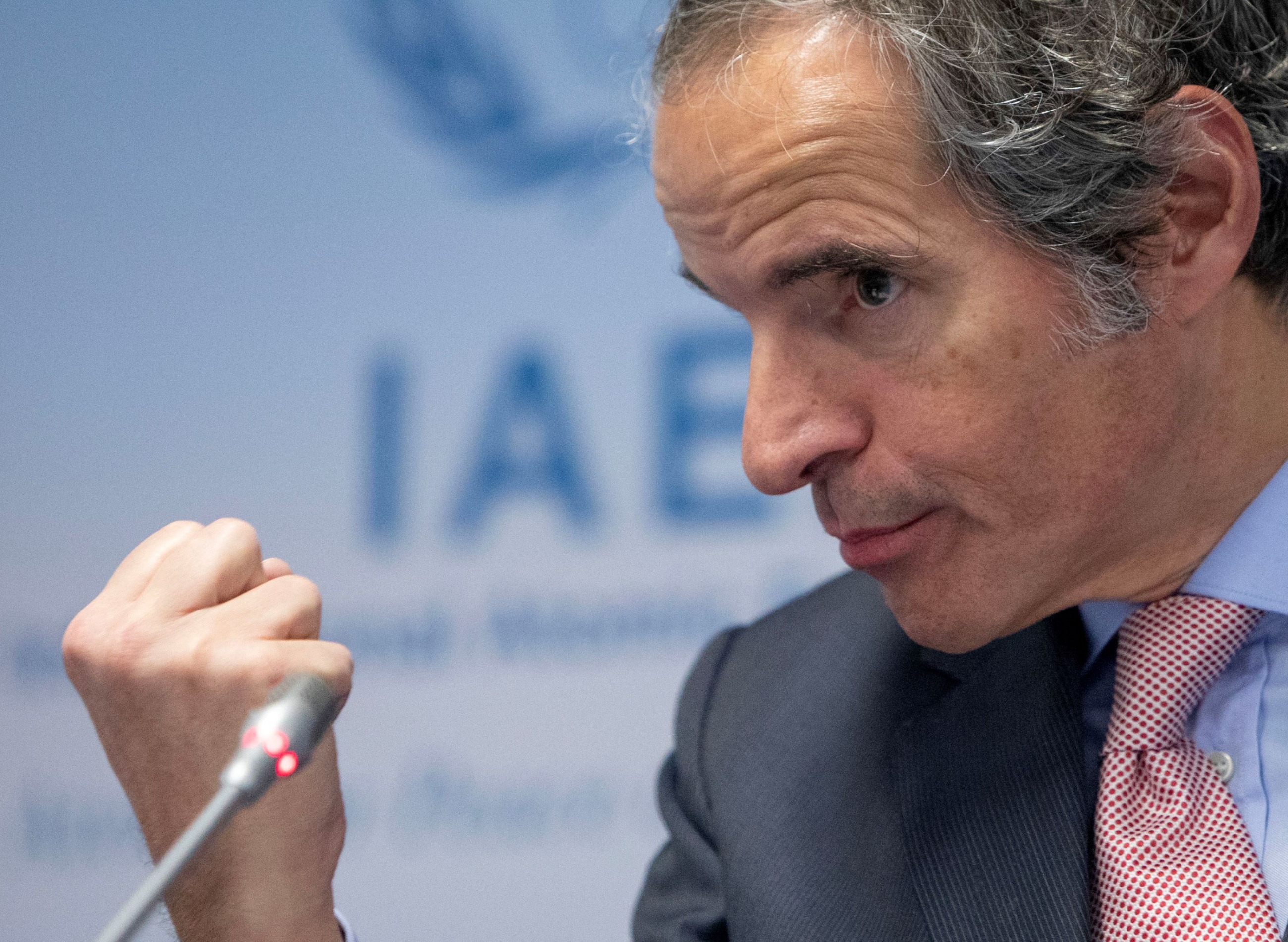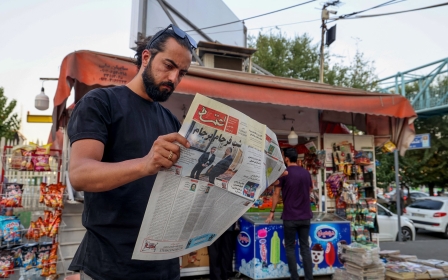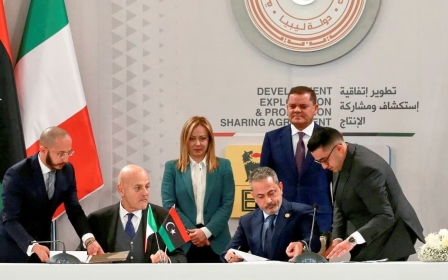Libya: More than two tonnes of natural uranium missing, warns nuclear watchdog

Around 2.5 tonnes of natural uranium has gone missing from a site in Libya, the international nuclear watchdog warned on Wednesday.
Inspectors from the International Atomic Energy Agency (IAEA) reported earlier this week that they had discovered 10 drums containing uranium ore concentrate "were not present as previously declared" at a location in Libya.
In a statement seen by Reuters, IAEA chief Rafael Grossi told the organisation's member states that they would continue investigations "to clarify the circumstances of the removal of the nuclear material and its current location".
Although natural uranium cannot immediately be used for either energy or military purposes, it can be refined into weapons-grade material over time with the proper expertise and technology.
Grossi warned that the "loss of knowledge about the present location of nuclear material may present a radiological risk, as well as nuclear security concerns".
He added that reaching the site, which he did not identify, required "complex logistics".
The IAEA investigation had originally been planned for 2022 but had been delayed as a result of the security situation in Libya, which has been in a state of unrest since longtime ruler Muammar Gaddafi was ousted in 2011.
Under pressure from the international community, Gaddafi renounced his country's nuclear weapons programme in 2003.
Middle East Eye delivers independent and unrivalled coverage and analysis of the Middle East, North Africa and beyond. To learn more about republishing this content and the associated fees, please fill out this form. More about MEE can be found here.





